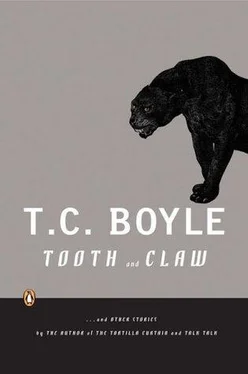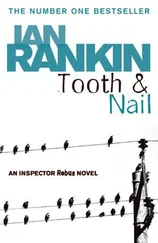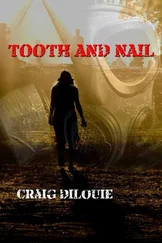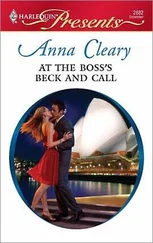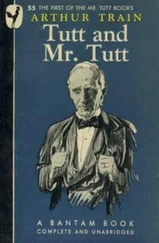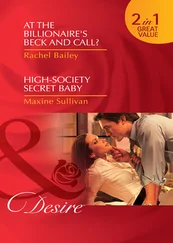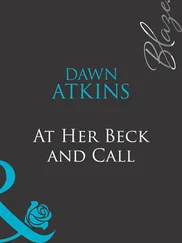I was there one night without Cole — he was meeting with his lawyer, I think; I remember he’d shaved his mustache and trimmed his hair about that time — and I parked out on the street so as to avoid suspicion and made my way over the stone wall and through the darkened woods to the indistinct rumble of live music, the pulse of Mike’s bass buoyed by the chink-chink of a high hat, an organ fill and cloudy vocals. My breath steamed around me. A sickle moon hung over the roof of the cottage and one of the cats shot along the base of the outer wall as I pushed through the door.
Everyone was gathered in the living room, JoJo and Suzie stretched out on the floor, Mike and his band, his new band, manning the instruments. I stood in the doorway a moment, feeling awkward. Nicky was on keyboards and a guy I’d met a few times — Skip — was doing the drumming. But there was a stranger, older, in his late twenties, with an out-of-date haircut and the flaccid beginnings of jowls, up at the mike singing lead and playing guitar. I leaned against the doorframe and listened, nodding my head to the beat, as they went through a version of “Rock and Roll Woman,” Mike stepping up to the microphone to blend his voice effortlessly with the new guy’s on the complex harmonies, and it wasn’t as if they were rehearsing at all. They could have been onstage playing the tune for the hundredth time. When the song finished, I ducked into the room, nodding to Mike and saying something inane like, “Sounding good, man.”
As it turned out, the new guy — his name was either Haze or Hayes, I never did get that straight — had played with Mike in a cover band the year before and then vanished from sight. Now he was back and they were rehearsing for a series of gigs at a club out on Route 202, where eventually they’d become the house band. I sat there on the floor with the girls and listened and felt transported — I wanted to get up and sing myself, ask them if they couldn’t use a saxophone to cut away from the guitar leads, but I couldn’t work up the nerve. Afterward, in the kitchen, when we were all stoned and riding high on the communion of the music, Haze launched into “Sunshine of My Love” on his acoustic guitar and I lost my inhibitions enough to try to blend my voice with his, with mixed results. But he kept on playing, and I kept on singing, till Mike went out to the living room and came back with the two alligators, one clutched in each hand, and began banging them together like tambourines, their legs scrambling at the air and tails flailing, the white miniature teeth fighting for purchase.
THEN THERE WAS parent / teacher night. I got home from work and went straight to bed, and then, cruelly, had to get back up, put the tie on all over again and drive to school right in the middle of cocktail hour, or at the tail end of it anyway. I make a joke of it now, but I was tentative about the whole thing, afraid of the parents’ scrutiny, afraid I’d be exposed for the imposter I was. I pictured them grilling me about the rules of grammar or Shakespeare’s plays — the ones I hadn’t read — but the parents were as hopeless as their offspring. Precious few of them turned up, and those who did looked so intimidated by their surroundings I had the feeling they would have taken my word for practically anything. In one class — my fifth period — a single parent turned up. His son — an overweight, well-meaning kid mercilessly ragged by his classmates — was one of the few in the class who weren’t behavioral problems, but the father kept insisting that his son was a real hell-raiser, “just like his old man.” He sat patiently, work-hardened hands folded on the miniature desk, through my fumbling explanation of what I was trying to accomplish with this particular class and the lofty goals to which each and every student aspired and more drivel of a similar nature, before interrupting me to say, “He gives you a problem, you got my permission to just whack him one. All right? You get me?”
I was stuffing papers into my briefcase just after the final bell rang at 8:15, thinking to meet Cole at Chase’s as soon as I could change out of my prison clothes, when a woman in her thirties — a mother — appeared in the doorway. She looked as if she’d been drained of blood, parchment skin and a high sculpted bluff of bleached-blond hair gone dead under the dehumanizing wash of the overhead lights. “Mr. Caddis?” she said in a smoker’s rasp. “You got a minute?”
A minute? I didn’t have thirty seconds. I wanted nothing but to get out of there and get loose before I fell into my bed for a few hours of inadequate dreamless sleep and then found myself right here all over again. “I’m in a hurry,” I told her. “I have — well, an appointment.”
“I only want a minute.” There was something about her that looked vaguely familiar, something about the staring cola-colored eyes and the way her upper teeth pushed at her lip, that reminded me of somebody, somewhere — and then it came to me: Robert Rowe. “I’m Robert’s mother,” she said.
I didn’t say anything, just parked my right buttock on the nearest desk and waited for her to go on. Robert wasn’t in any of my classes, just homeroom. I wasn’t his teacher. He wasn’t my responsibility. The fat kid, yes. The black kid who flew around the room on the wings beating inside his brain chanting He’s white, he’s right for hours at a time, the six months’ pregnant girl whose head would have fallen off if she stopped chewing gum for thirty seconds, yes and yes. But not Robert. Not Robert Rowe.
She was wearing a dirty white sweater, misbuttoned. A plaid skirt. Loafers. If I had been older, more attuned, more sympathetic, I would have seen that she was pretty, pretty still, and that she was desperately trying to communicate something to me, some nascent hope grown up out of the detritus of welfare checks and abandonment. “He looks up to you,” she said, her voice choked, as if suddenly she couldn’t breathe.
This took me by surprise. I didn’t know how to respond, so I threw it back at her, stalling a moment to assimilate what she was saying. “Me?” I said. “He looks up to me ?”
Her eyes were pooling. She nodded.
“But why me? I’m not even his teacher.”
“Ever since his father left,” she began, but let that thought trail off as she struggled to summon a new one, the thought — the phrase — that would bring me around, that would touch me in the way she wanted to. “He talks about you all the time. He thinks you’re cool. That’s what he say, ‘Mr. Caddis is cool.’ ”
Robert Rowe’s face rose up to hover before me in the seat of my unconscious, a compressed little nugget of a face, with the extruded teeth and Coca-Cola eyes of this woman, his mother, Mrs. Rowe. That was who she was, Mrs. Rowe, I reminded myself, and I seized on the proper form of address in that moment: “Mrs. Rowe, look, he’s a great kid, but I’m not, I mean — well, I’m not his teacher , you know that—”
The room smelled of adolescent fevers and anxieties, of socks worn too long, unwashed hair, jackets that had never seen the inside of a dry cleaner’s. There was a fading map of the United States on the back wall, chalkboards so old they’d faded to gray. The linoleum was cracked and peeled. The desks were a joke. Her voice was so soft I could barely hear her over the buzz of the fluorescent lights. “I know,” she said. “But he’s not…he’s getting F’s — D’s and F’s. I don’t know what to do with him. He won’t listen to me — he hasn’t listened to me in years.”
“Yeah,” I said, just to say something. He looked up to me, sure, but I had a date to meet Cole at Chase’s.
“Would you just, I don’t know, look out for him? Would you? That’s all I ask.”
Читать дальше
